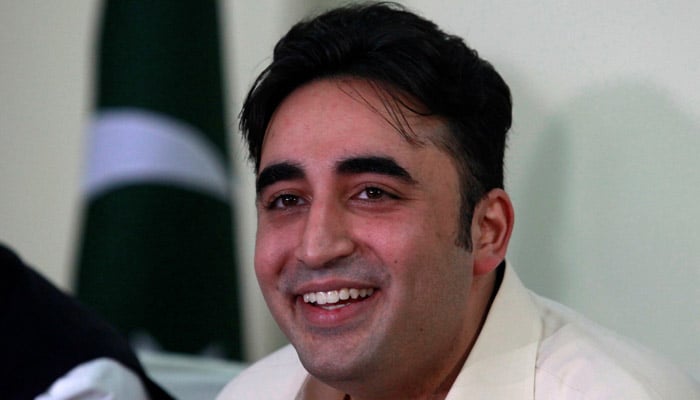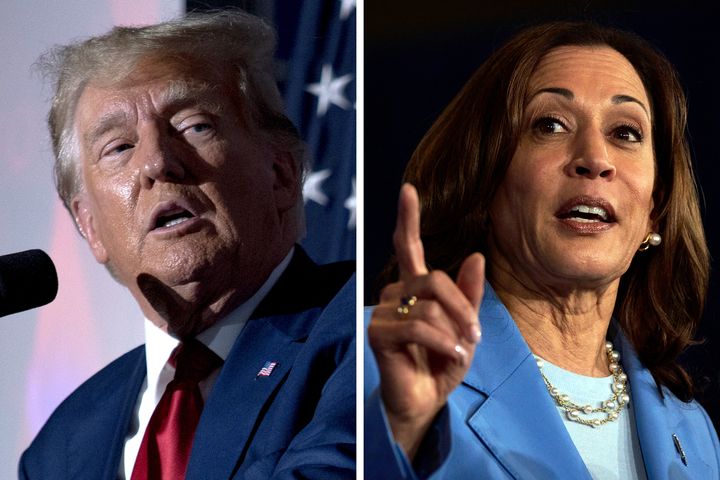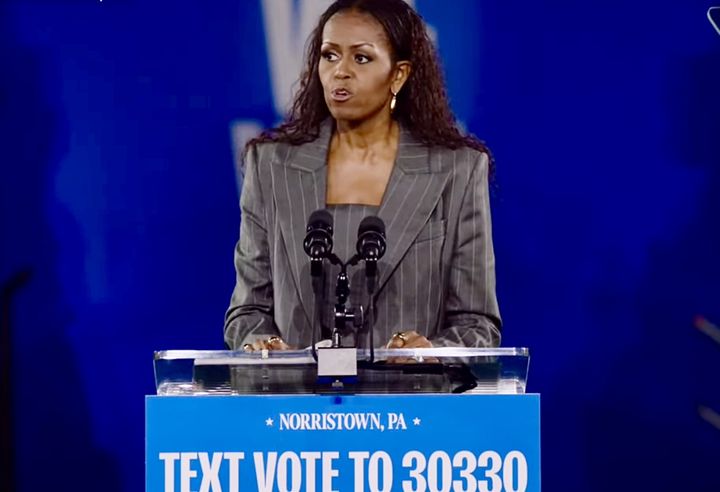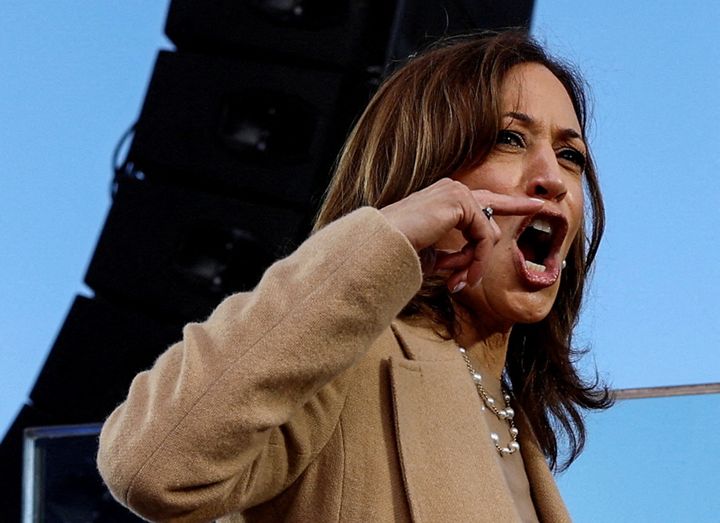
ISLAMABAD: Pakistan’s only major left-leaning political party is fighting for its electoral relevance and to preserve the legacy of the country’s best-known political dynasty weeks before the country heads to the polls.
In his first election campaign, Bilawal Bhutto Zardari, the scion of the storied Bhutto family who now heads the Pakistan People’s Party (PPP), is attempting to recapture the support his mother, two-time former Prime Minister Benazir Bhutto, enjoyed on her return from exile in 2007, before she was assassinated on the campaign trail.
Party leaders insist the 29-year-old Bhutto, Oxford-educated like his mother and grandfather - also a former prime minister - brings a fresh new appeal to the party as it attempts to revive its waning fortunes in a general election called for July 25.
“With Bilawal in the frontline of our campaign we hope to see a huge swathe of young people join us in our journey to turn back the tide of extremism, misgovernance and anti-democratic trends,” PPP Senator Sherry Rehman told Reuters.
Whether his father, former President Asif Ali Zardari, will be an asset or an obstacle in that effort remains a source of keen debate in Islamabad.
Some analysts and party insiders say Zardari’s tainted image, the result of numerous corruption allegations, could cost the party at the polls, where it will contrast with opposition rival Imran Khan’s relentless anti-graft message.
On the other hand, the most likely route back to power could be a post-election alliance with the charismatic Khan’s Pakistan Tehreek-e-Infasf (PTI), which has seemingly eclipsed the PPP in the past five years, and the former president would be a key figure in any such negotiations.
Once the country’s most popular party, the PPP finds itself on the brink of political irrelevance at the national level, and analysts believe it is more likely to be Zardari’s ability to cut a deal, rather than his son’s populist rhetoric, that will keep the party afloat.
“Zardari is looking at himself as a post-election facilitator rather than a major player in the actual electoral battle,” political analyst Aamer Ahmed Khan said.
Both PPP and PTI officials were cagey when asked about the possibility of an alliance, but did not rule it out.
“MR TEN PERCENT”
Zardari spent a total of 11 years in jail on charges of corruption and murder, though he was never convicted of any of the offences for which he was held and has always maintained his innocence.
He was released in 2004 after an eight-year stretch behind bars, and returned to Pakistan from self-exile three years later alongside Benazir Bhutto in her bid to retake the prime minister’s office and end the military rule of General Pervez Musharraf.
Bhutto was assassinated on the campaign trail three months after her return in a suicide attack, the tragic saga adding to the Bhutto family’s status as a Pakistani equivalent of America’s Kennedys and India’s Gandhis.
Bhutto’s father Zulfiqar, who founded the PPP, was hanged by General Zia-ul-Haq in 1979 after being deposed in a military coup, while her brother Murtaza was gunned down in the southern city of Karachi in 1996 while she was in office. Zardari was accused of his murder but cleared by the courts.
In a wave of popular support that was generated by Benazir Bhutto’s return and continued after her assassination, the PPP swept to power and Zardari found himself wielding considerable power from the president’s office.
While all the allegations against him were ultimately dismissed, and despite overseeing the country’s first transition of power by a civilian government, Zardari retains a tainted reputation, often going by the nickname “Mr. Ten Percent”.
“I think Asif Zardari has been a victim of massive negative propaganda against him,” former PPP senator Farathullah Babar told Reuters. “If any of this was true he would not have spent 11 years in jail without a single conviction.”
KINGMAKER
“We are seeing pre-poll election manipulation where people from all political parties are going and joining one political party,” former PPP senator Babar said.
PPP leaders say their campaign, fronted by Bilawal Bhutto, will focus in battling extremism and intolerance in a country scarred by more than a decade of militant violence.
“The People’s Party is going to forcefully and emphatically distinguish itself as the party that believes that in the state of Pakistan we must ... not distinguish or discriminate between the adherents of any religion,” senator Aitzaz Ahsan said.
But while the PPP retains significant support in the traditional Bhutto-Zardari family stronghold of Sindh province, it appears to have lost ground nationally to the PTI. A Gallup nationwide poll in March put the party on 17 percent, with PTI on 24 percent and PML-N on 36 percent.
That suggests the best chance for the opposition parties would indeed be some sort of alliance.
Some in Islamabad believe Zardari has been quietly building ties with the military to that end - a suspicion enhanced in March when the PPP declined an opportunity to lead the Senate and instead helped elect an independent as Senate chairman.
“Zardari believes when the time to cobble together a government arrives they will need ... someone like him,” said Khan, the political analyst. “And he will become the kingmaker.”

 16
16











